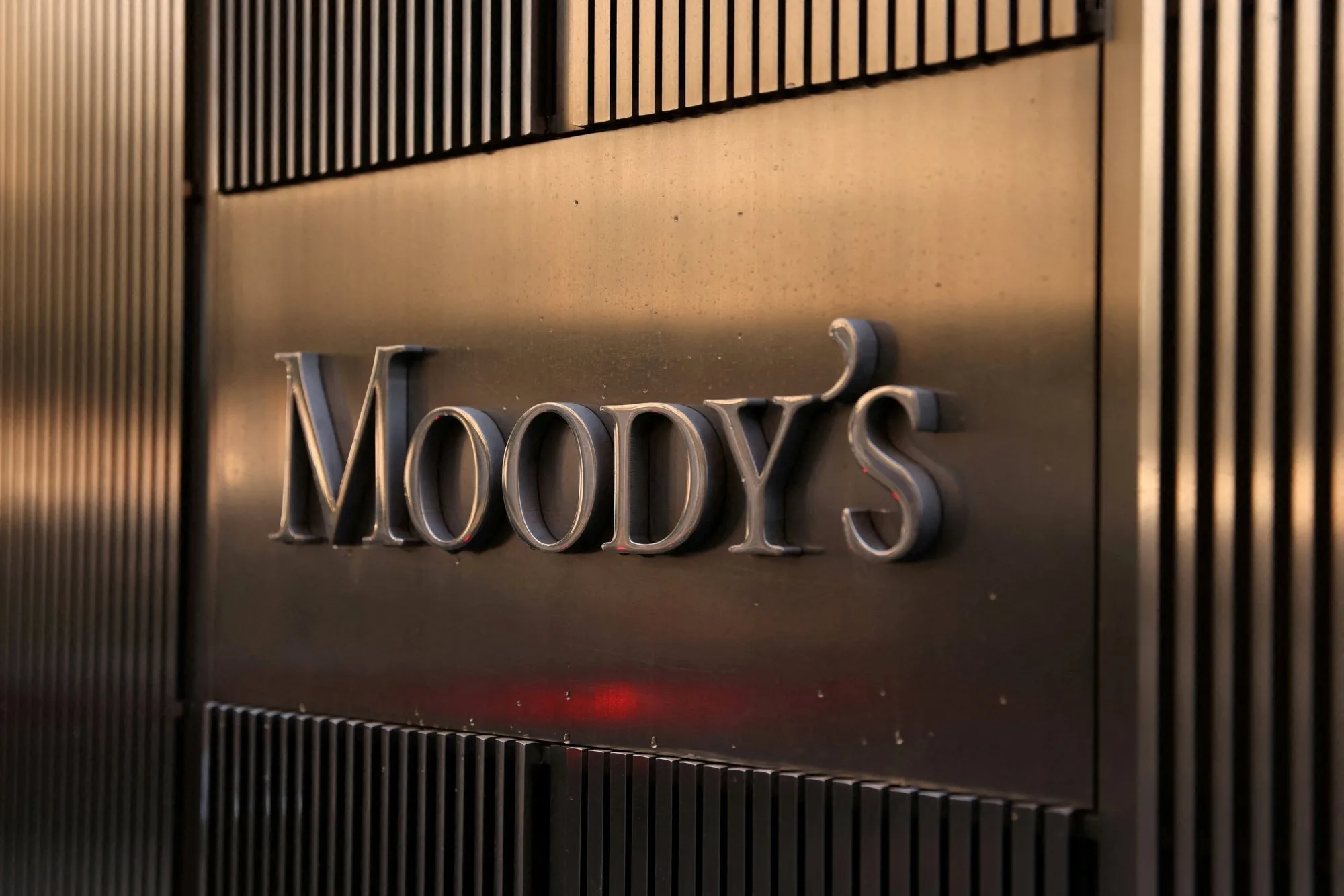Islamabad 13 August: In a significant boost to investor confidence, Moody’s Investors Service has upgraded Pakistan’s long-term foreign debt rating from Caa2 to Caa1, citing the country’s improving external position and progress on economic reforms.
The outlook has also been revised from “negative” to “stable,” signaling growing confidence in Pakistan’s ability to manage its financial obligations.
The credit rating agency noted that higher foreign exchange reserves, improved current account management, and policy continuity have strengthened Pakistan’s external buffers. This comes amid the government’s ongoing efforts to implement structural reforms under its economic stabilization program.
Moody’s highlighted that Pakistan’s agreement with the International Monetary Fund (IMF), along with continued bilateral and multilateral support, has reduced the risk of a balance-of-payments crisis in the near term. The country’s foreign reserves have recently crossed $10 billion, supported by robust remittance inflows and stable export performance.
The stable outlook suggests that Moody’s expects Pakistan’s fiscal and external indicators to remain broadly steady over the next 12–18 months. However, the agency warned that challenges such as high debt servicing costs, inflationary pressures, and political uncertainty could weigh on longer-term credit metrics if not addressed.
READ MORE: Moody’s Warns Interest Costs Could Consume 40% of Pakistan’s Budget by 2025
Analysts say the upgrade could help Pakistan attract foreign investment, lower borrowing costs in international markets, and improve sentiment among global lenders. “This rating boost is a clear signal that Pakistan is moving in the right direction, though structural reforms remain crucial,” said a Karachi-based economist.
Pakistan’s Ministry of Finance welcomed the development, calling it “a recognition of the government’s commitment to fiscal discipline, economic stabilization, and growth-oriented policies.”
The last time Moody’s upgraded Pakistan’s rating was in 2016, underscoring the significance of this move after years of downgrades amid economic headwinds.









